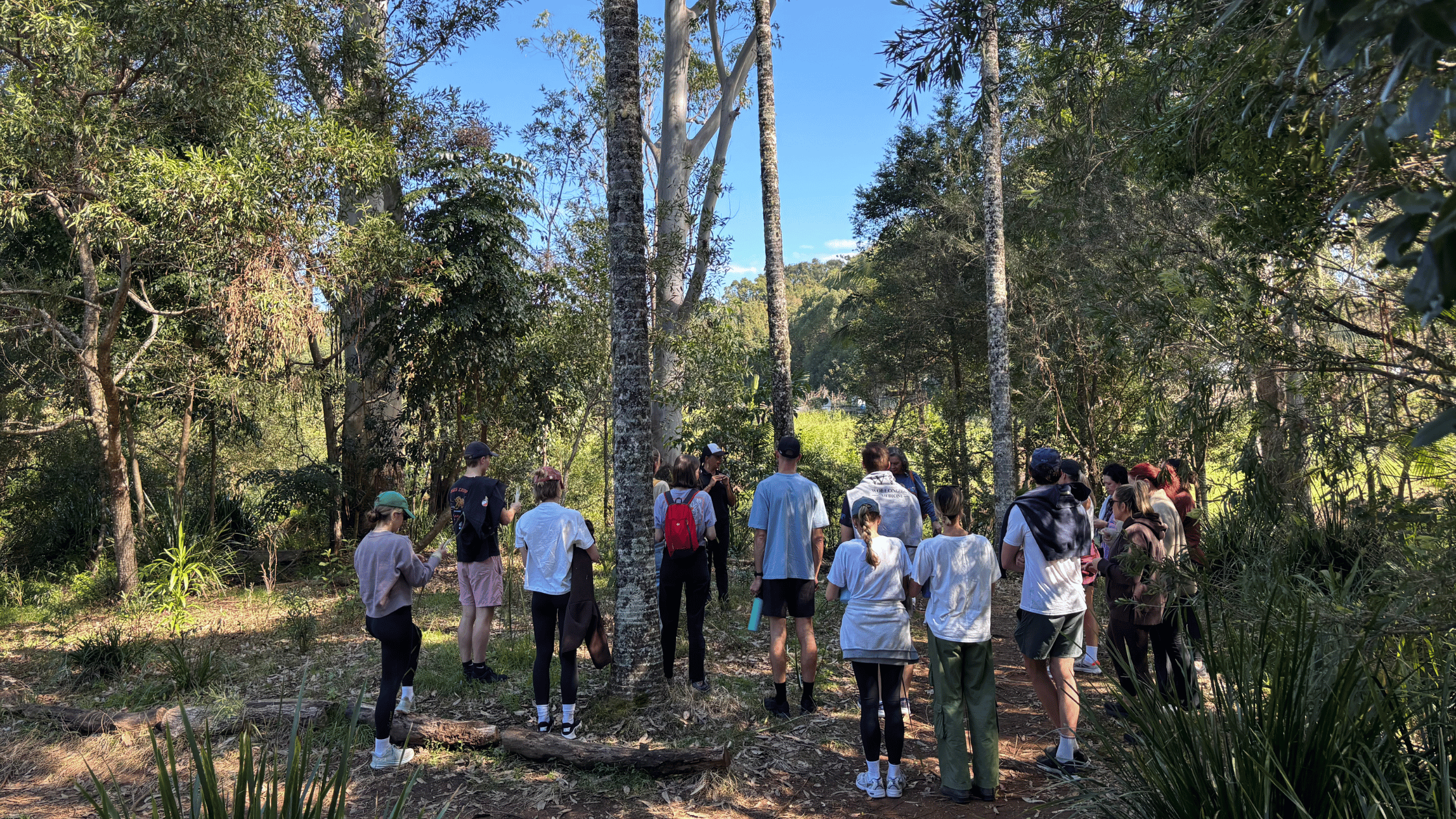
Welcome to the Northern Rivers, UOW Med Students!
We’ve just welcomed a new cohort of University of Wollongong (UOW) medical students to the Northern Rivers, and we couldn’t be happier to have them here. There are 11 Phase
Search UCRH

Home Archives for UCRH Page 4

We’ve just welcomed a new cohort of University of Wollongong (UOW) medical students to the Northern Rivers, and we couldn’t be happier to have them here. There are 11 Phase
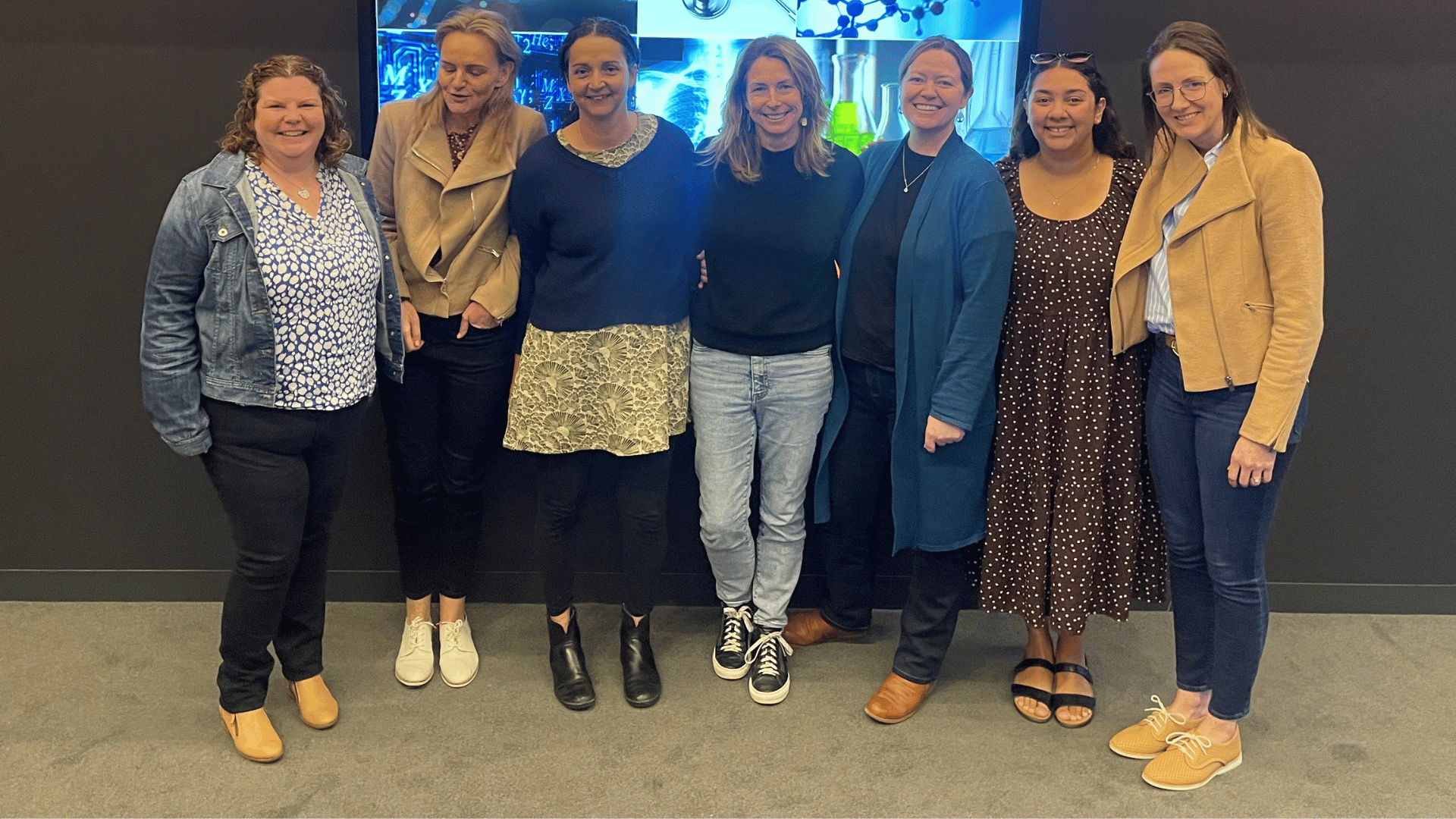
In late July a group of higher degree by research (HDR) students from UCRH joined with rural colleagues from the School of Rural Health to travel to Sydney for the

At UCRH, we believe in research that makes a real difference, and with that in mind, we are proud to share that UCRH-based researcher and Daffodil Centre tobacco research lead, Professor
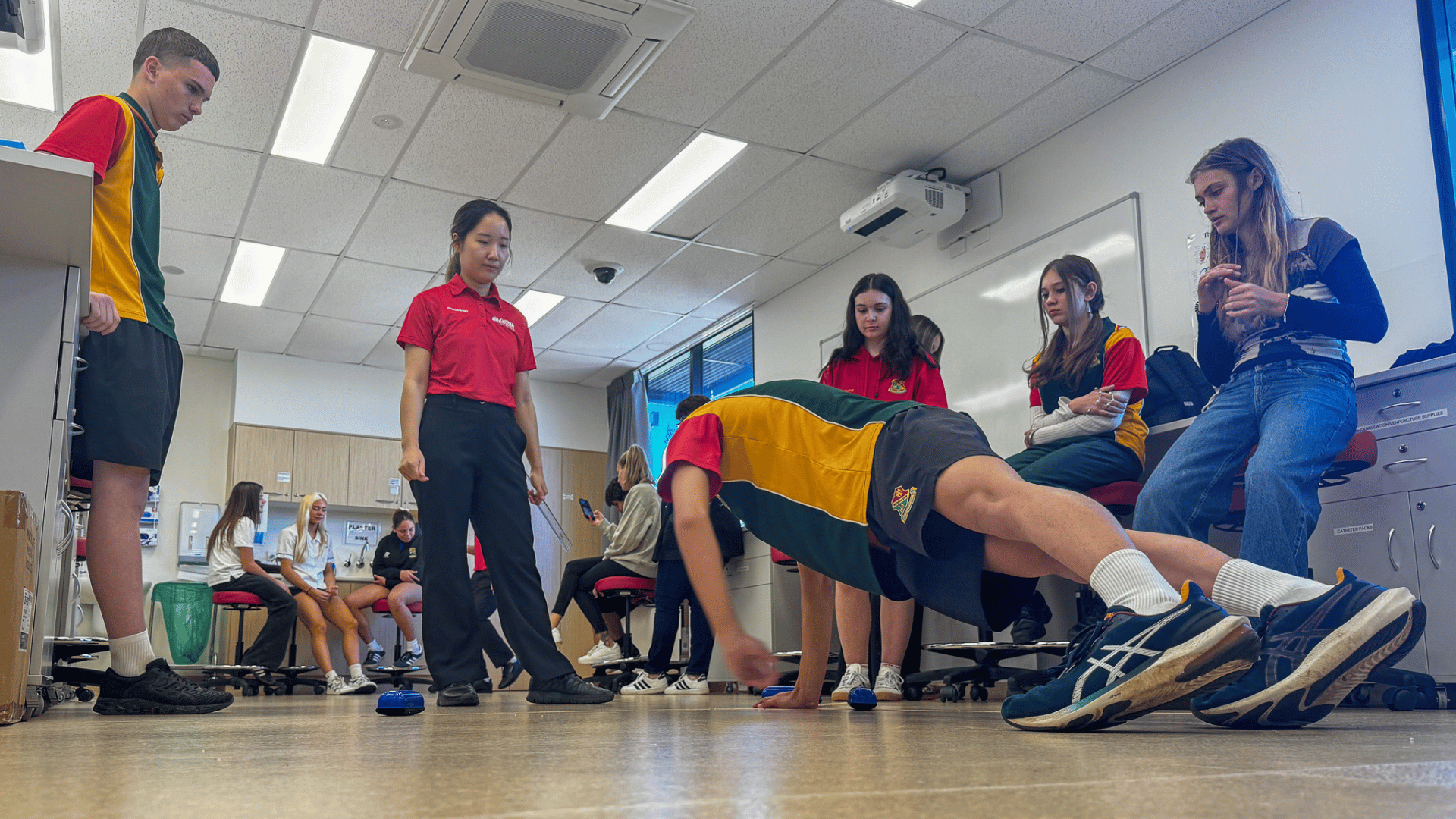
Yesterday, UCRH welcomed 45 Aboriginal and Torres Strait Islander high school students to our Lismore Campus for the latest Baribunmani Wanyi Ngay youth program, a vibrant and hands-on experience designed to spark
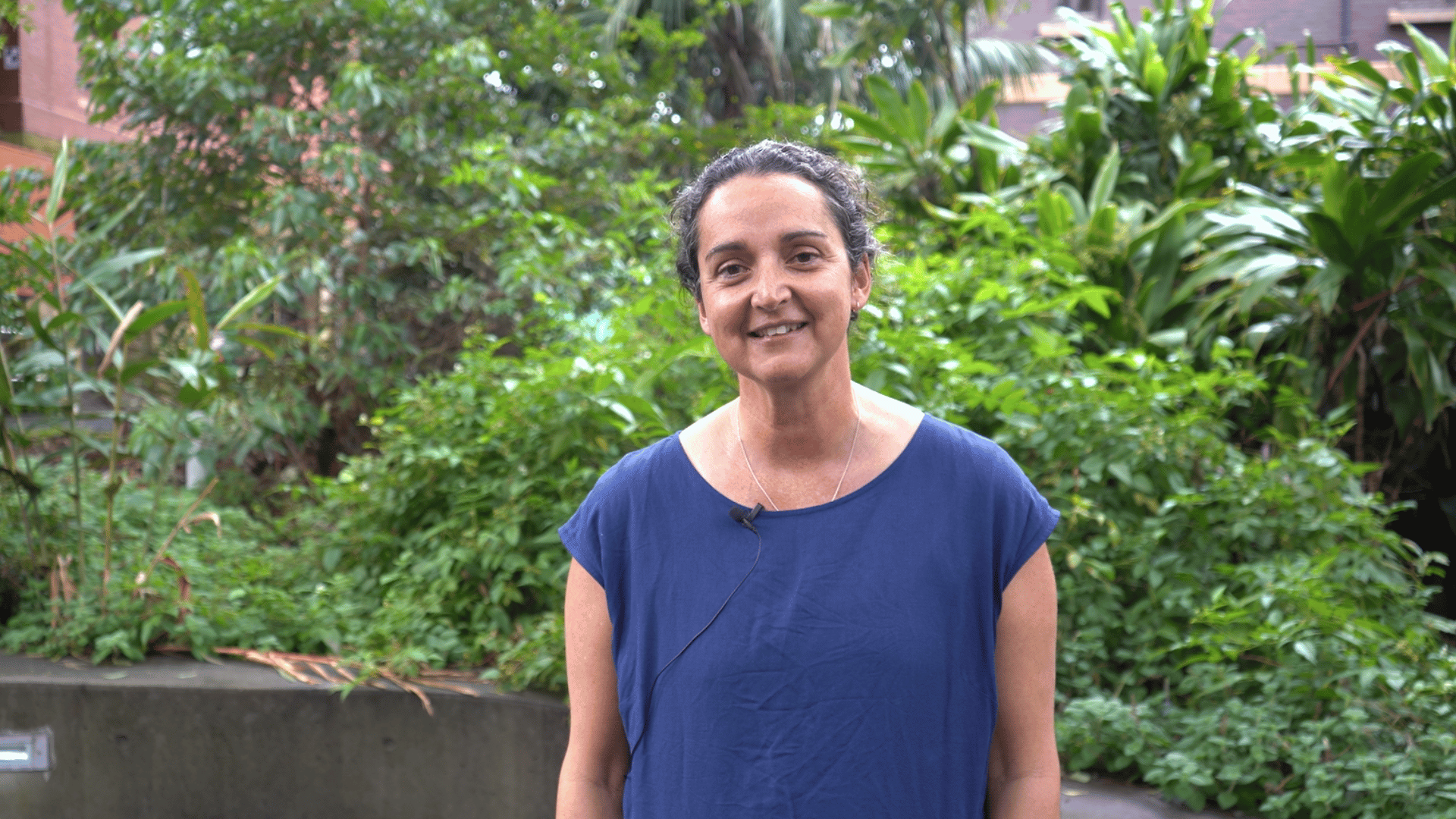
We’re absolutely thrilled to share that UCRH PhD student Jane Linton, is part of a team named as a finalist in the 2025 Australian Museum Eureka Prizes, Australia’s most prestigious
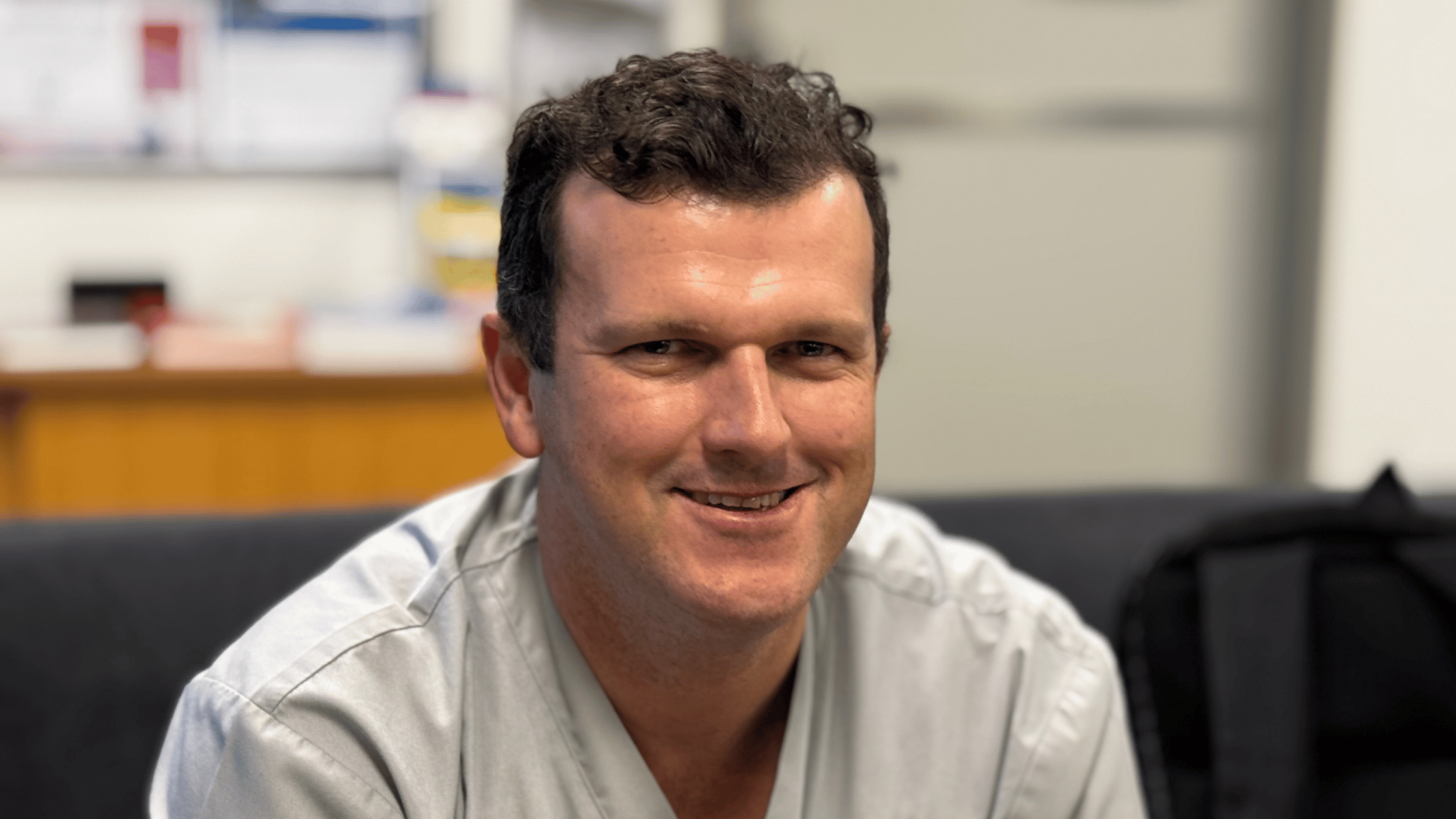
When Shaun Buckett walked through the halls of Lismore Base Hospital, he wasn’t just another medical student on placement: he’d come full circle. Shaun grew up in the Northern Rivers.

A new study published in Health & Place has looked at 20 years of national data on housing affordability in Australia. It found that people with disability have been consistently more likely
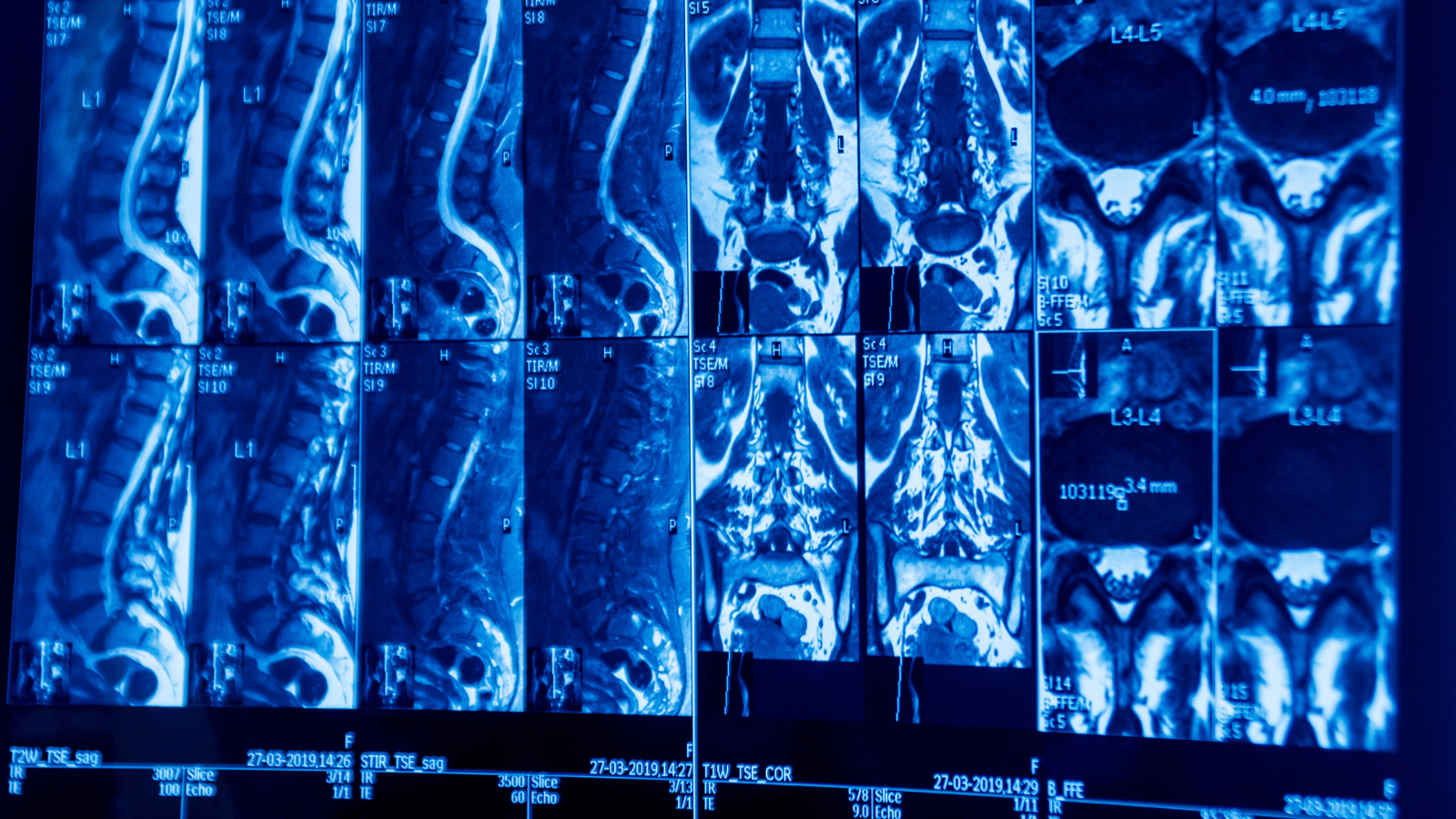
Anyone who has ever suffered from low back pain has probably tried a few things to fix it. Maybe some physio, a few stretches, painkillers, or even just hoping it

A new study led by student researcher Jayden Wells, undertaken as part of his Doctor of Medicine at the University of Sydney, has uncovered something powerful: when environmental health and primary
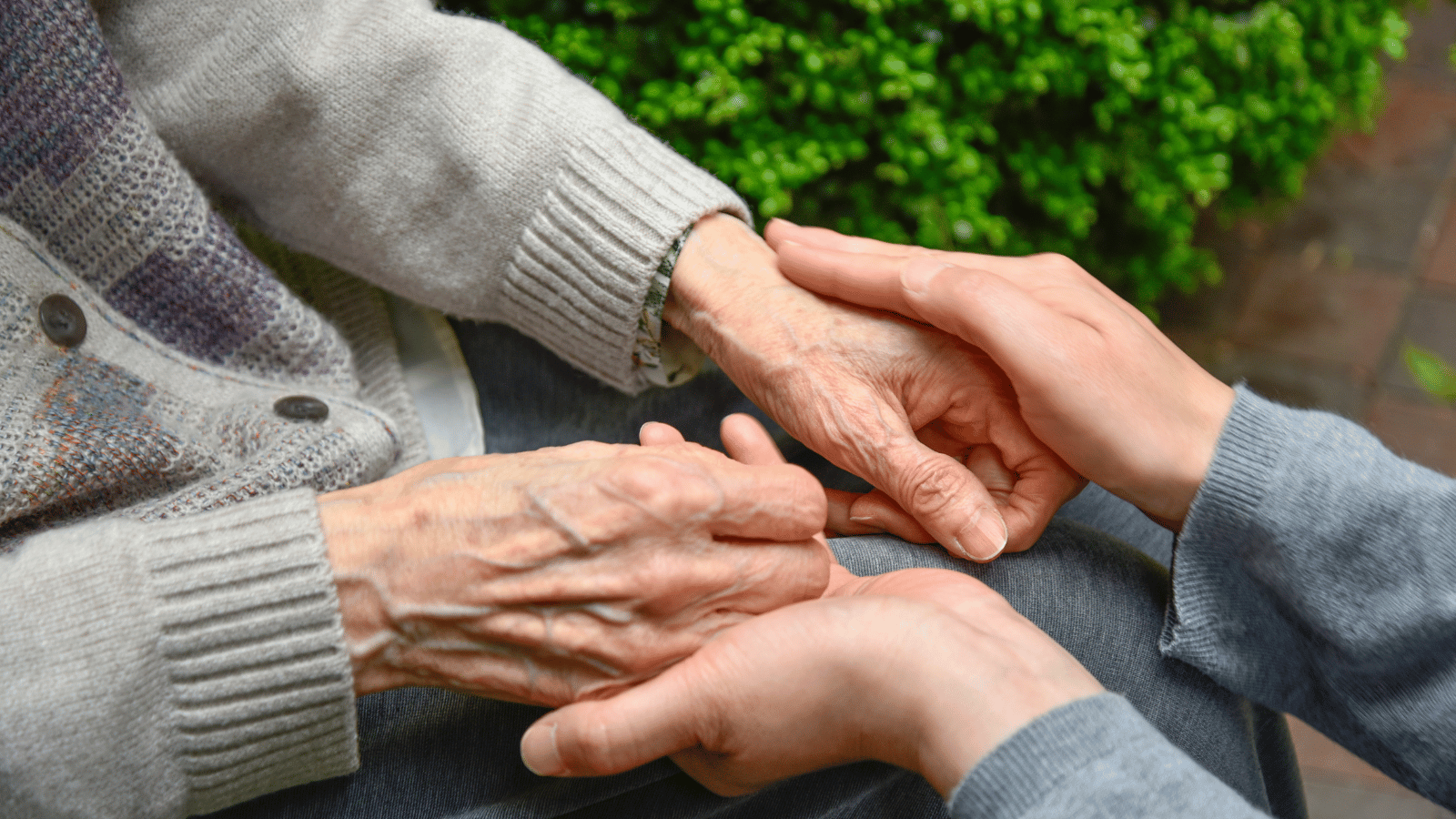
It’s a question researchers, including UCRH’s Dr Mohammad Hamiduzzaman, have been exploring and a new review just published outlines some of their answers. Their study, featured in the International Journal of Environmental